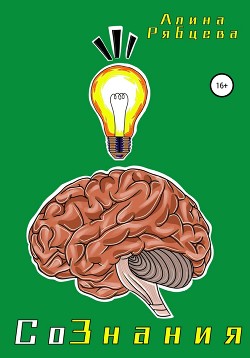Литмир - Электронная Библиотека > Goodman Wayne K. (EN) > Obsessive Compulsive and Related Disorders, An Issue of Psychiatric Clinics of North America,

| Obsessive Compulsive and Related Disorders, An Issue of Psychiatric Clinics of North America,
Чтобы оставить свою оценку и отзывы вам нужно зайти на сайт или зарегистрироваться | |||||||||||||||||||||||||||||||||||||||||||||||||||||||||||||||||















